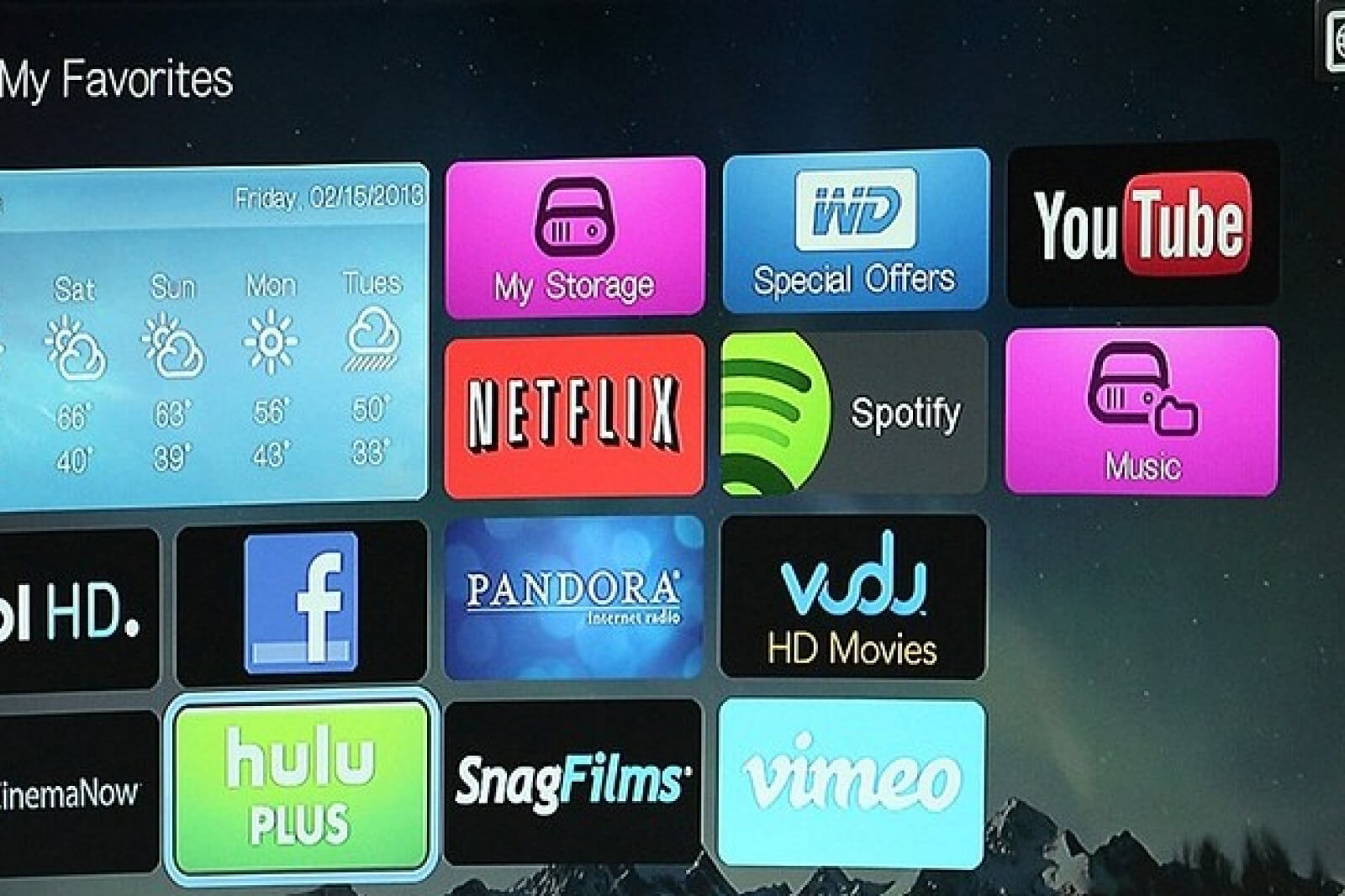How to Get a Better Job That Pays You More

Sep 01 | 2024

Jobs don't have to be miserable!
Photo by Charles Deluvio (unsplash)
Though the wave of tech layoffs and the threat of a recession has overshadowed yesteryear’s news of the great recession, everywhere you look, employees are asking for more — and getting it. Though this time of uncertainty could have given employers back the power, it’s still in the hands of the workforce.
From Gen-Z’s boundary setting and penchant for quiet quitting when they’re being under-recognized, to labor unions and even the WGA writer’s strike, we’re in an era where workers can make demands about how they work — and where they work. And for many people, they want to work from home.
For many employees, full-time remote work offered newfound flexibility to work around their schedules — whether it be picking up kids from school, or working when they feel most productive. Many employees seized this freedom to escape big cities and relocate and prioritize their quality of life. Remote work lovers are demanding offices remain closed or requesting it as a benefit or work option. And if their company insists they return? Many would rather look for new jobs in the flourishing remote-first corporate environment.
However, some missed the structure of the office and its offers of accountability, collaboration, more amenities, and . . . friendship. But not all companies are created equal. Some hope to lure employees back by upgrading the office experience. Turns out, the millennial start-up with that Day-Glo ping-pong table and IPAbeer-on-tap isn’t actually the dream if it comes with a toxic work environment (we’re looking at you WeWork). As companies add in-office perks, employees are requesting more support, boundaries — and even arrangements like the four-day workweek.

For the best of both worlds, companies are adopting hybrid systems. However, reports from CNBC and BBC imply that this may be a taxing option. Having one foot in the office and the other in your office kitchen is far from ideal for most employees, research says.
LinkedIn’s 2022 Global Talent Trends report reveals that of the 500 C-level executives surveyed, 81% said they’re changing workplace policies to offer greater flexibility.
But according to CNBC, “emerging data is beginning to show that hybrid work can be exhausting, leading to the very problem workers thought it could solve: burnout. More than 80% of human resources executives report that hybrid is proving to be exhausting for employees. This is according to a global study by employee engagement platform TinyPulse. Workers also reported that hybrid was more emotionally draining than fully remote and more taxing than even full-time office-based work.”
BBC agrees, reporting: “Emerging data is beginning to back up such anecdotal evidence: many workers report that hybrid is emotionally draining … Workers, too, reported hybrid was more emotionally taxing than fully remote arrangements – and, concerningly, even full-time office-based work. Given many businesses plan on implementing permanent hybrid working models, and that employees, by and large, want their working weeks spent between home and the office, such figures sound alarm bells. But what is it specifically about hybrid working that is so emotionally exhausting? And how can workers and companies avoid pitfalls so that hybrid actually works?”
“Overall, human resources executives thought that hybrid and remote work were the most emotionally exhausting for employees, but that wasn’t the case,” Elora Voyles, a people scientist at TinyPulse, told CNBC.
So with every employee having various experiences and opinions about what works best for them and their lifestyles, it makes sense that people are job-hopping to suit their newfound preferences.
Frankly, some are job-hopping to enhance their compensation. Statistically, most people realize their greatest salary increases when they move from one job to another. Remaining at the same company for years and years often limits how much you can make as your career advances. One popular female finance guru, Cinneah El-Amin told Afrotech: “I am a staunch advocate for more women to job-hop, to get the money they deserve, and to stop playing small when it comes to our careers and the next step in our careers.”
The research supports this, with Zippia claiming: “Generally speaking, a good salary increase when changing jobs is between 10-20%. The national average is around 14.8%, so don’t be afraid to ask for a similar increase. At a minimum, you should expect a wage growth of at least 5.8% when you change positions.”
However, a job search can be daunting, despite the potential benefits. But if you can land a role in a new company — and potentially boost your salary while you’re at it — you will challenge yourself and constantly keep learning. LinkedIn Learning®, for example, is one platform that can help you level up your skills and give you an edge to land the job.
LinkedIn Learning® allows you to take advantage of the moments that truly matter. It offers courses on subjects that will carry you through every step of your career. Their instructors have real-world experience.
Check out the LinkedIn Learning® Pathfinder and it will generate a custom list of courses based on what you want to achieve. Learn more about recent top career development goals and acquire the skills to help you reach them.
Unsure what to do and how to start your job search? Let LinkedIn Learning® be the first step you take in the path to a new and improved career.










